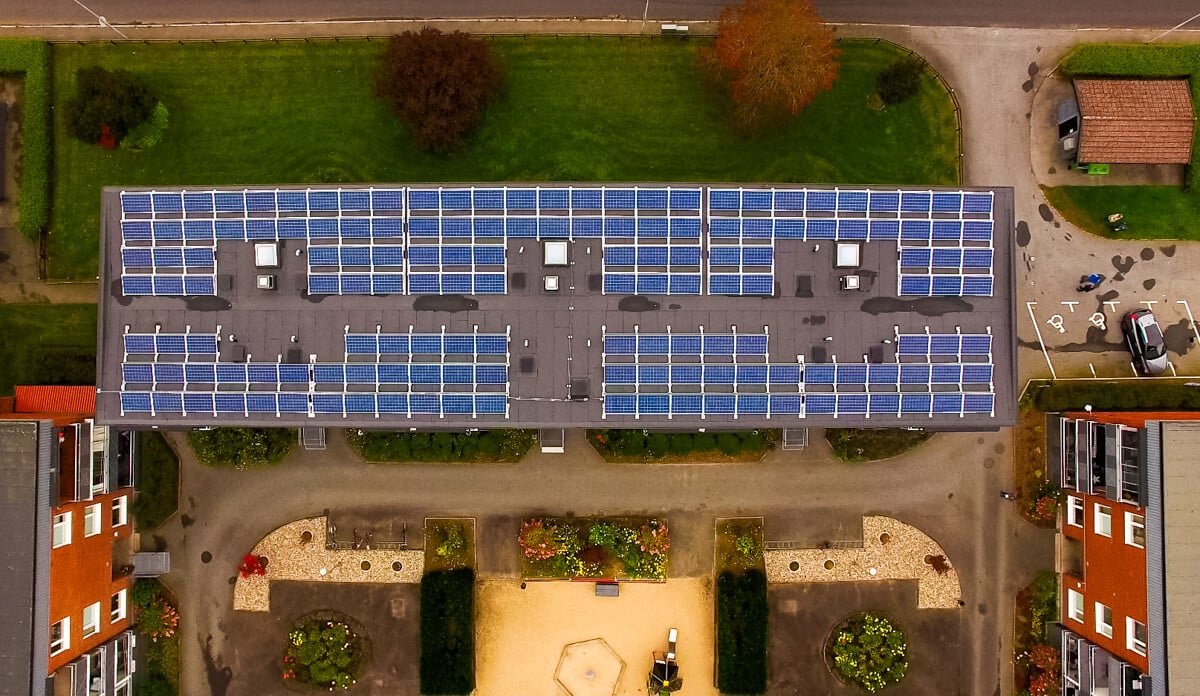Two rulings from the Supreme Administrative Court will have a direct impact on the profitability of a housing association that has installed solar energy.
BRF is entitled to deduct VAT
According to case 6174-18 from the Supreme Administrative Court (HFD), it is established that the prohibition of VAT deduction for permanent residence does not include the acquisition of a solar cell system by a tenant-owner association. The association is allowed to deduct VAT to the extent that the acquisition is attributable to the association’s VATable sales of surplus electricity. In the judgment, the HFD writes:
In the opinion of the Supreme Administrative Court, the fact that the electricity produced by a photovoltaic installation is to some extent used in buildings that constitute permanent dwellings does not mean that the installation as such can be considered to be part of a permanent dwelling. It follows that the VAT relating to the acquisition of such equipment may be deducted to the extent that the equipment is used in a taxable activity.
The association is thus entitled to deduct the part of the input value added tax that relates to the acquisition of the photovoltaic installation and that can be considered to be attributable to the association’s taxable sales of electricity. The Swedish Tax Agency has not objected to either the amount of the costs or their allocation to own consumption and sales.
In summary, this means that a BRF may deduct VAT on the investment corresponding to the share of electricity that will be sold on the grid.
PwC writes in a comment on their blog: “The judgment means that the Supreme Administrative Court rejects the restrictive view of the right to deduct VAT for photovoltaic installations that the Swedish Tax Agency has previously expressed. The Swedish Tax Agency has announced that the authority will review three positions due to the HFD’s decision.
BRF to charge VAT
In case 1595-19 of the HFD, they declare that the supplies of electricity and water do not form part of the granting of the right of use of real estate and are therefore taxable . This means that VAT should be levied on solar electricity produced by housing associations or property owners and sold to apartment owners.
This will directly affect the BRFs that have IMD, individual meter billing. In an article in Fastighetstidningen, Ulla Werkell, tax lawyer at Fastighetsägarna Sverige, says: There will be VAT on VAT.
However, nothing is clear, as the HFD has sent the matter back to the Tax Tribunal for consideration of the question of the right to deduct input VAT.
– At best, this only adds to the administrative burden on property owners. For a small property owner, who is not otherwise affected by the VAT rules, this can make things quite complicated. But if it should also end up that there is no right of deduction, the judgment also means an increased cost, which must be charged to either residents or property owners, says Ulla Werkell in the article.
The government must develop flexible solutions
Both judgments raise issues that we will have to come back to. But one thing is certain, if we want a stable expansion of solar energy, the rules need to be simpler and clearer.

